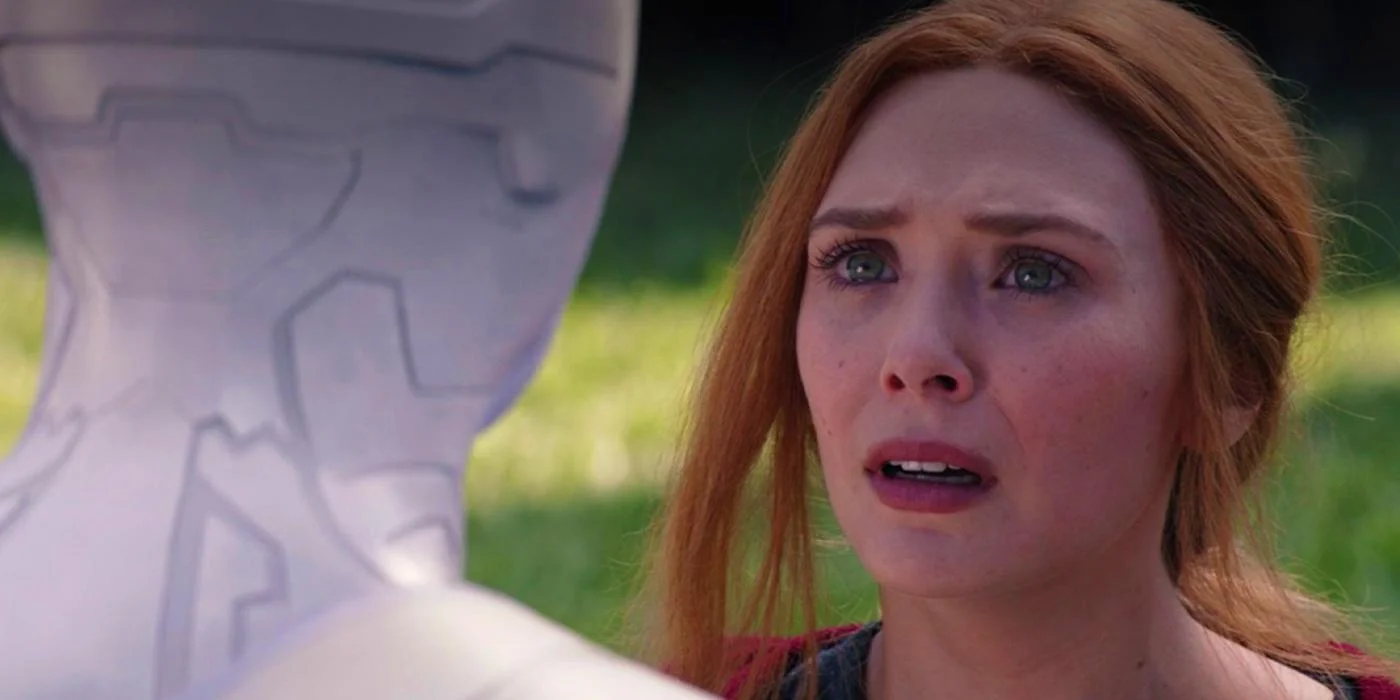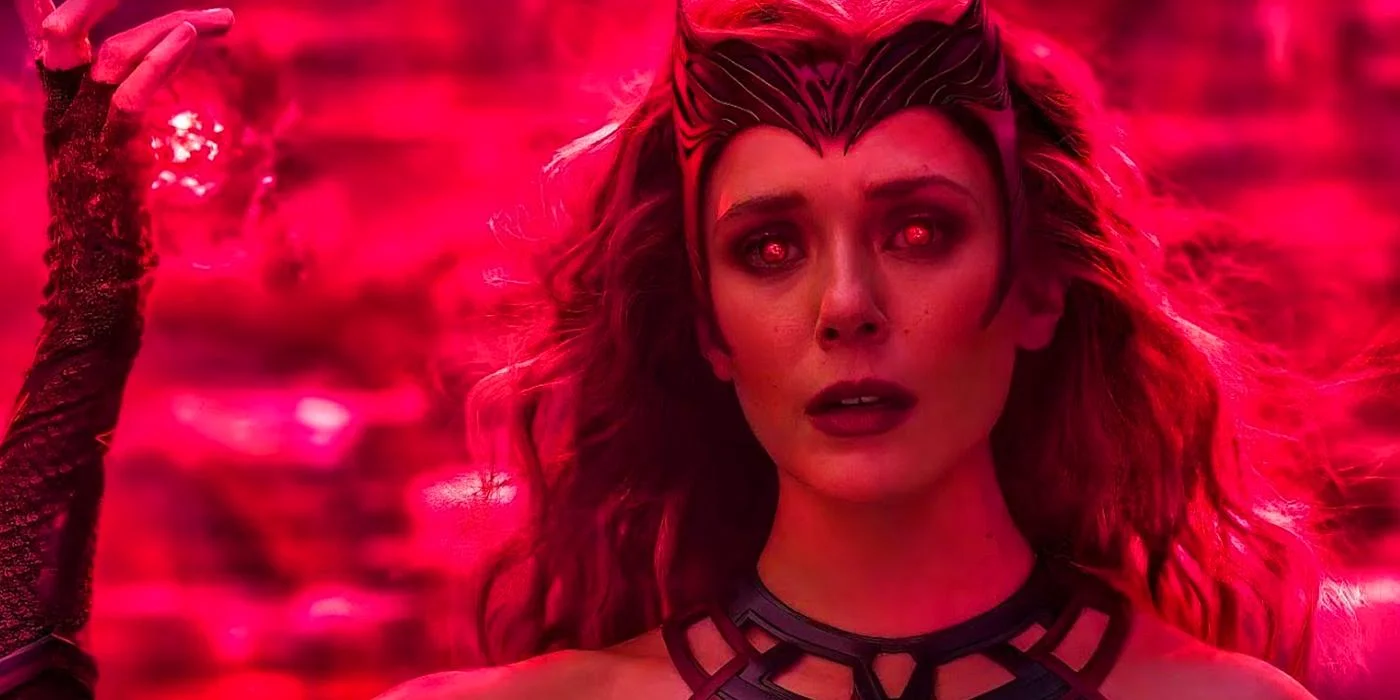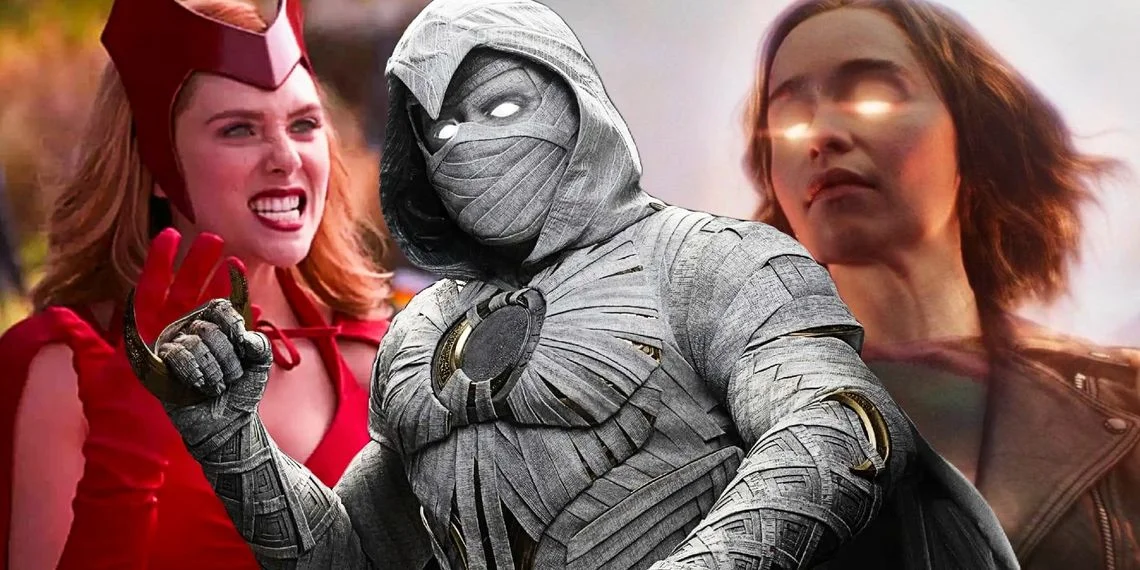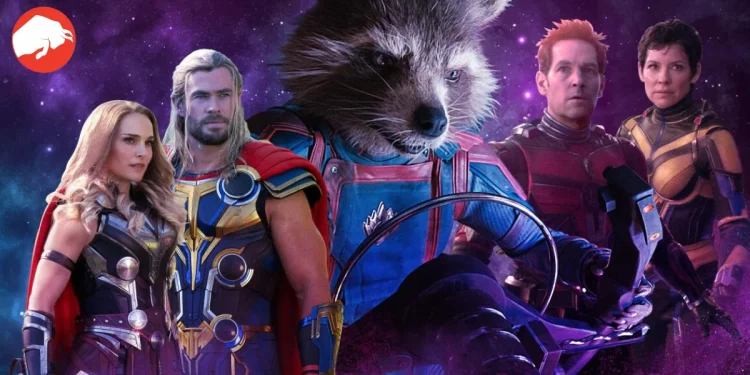If you were left scratching your head by the end of a recent Marvel Cinematic Universe (MCU) TV show, you’re not alone. We dig into why Phase 4 of the MCU’s expansion into television has been rocky when it comes to delivering satisfying conclusions—and what the studio is doing to turn things around.
The Downfall of MCU Endings: A Trend or a Curse?
The MCU, a juggernaut in the world of cinema with its famed Infinity Saga, has had a tougher go at conquering the small screen, particularly when it comes to landing those crucial series finales. Ever wondered why? WandaVision’s head writer Jac Schaeffer spills some tea on why MCU’s small-screen endeavors often fizzle out towards the end.
“The finale was just this ongoing question… Which is pretty typical for Marvel projects—the climax of a Marvel movie is just iterated and iterated until the very end,” Schaeffer explained.

Behind-the-Scenes Drama: Kevin Feige, the Busy Bee
According to Schaeffer, Kevin Feige, the Marvel Studios president himself, has had to personally intervene on set to “settle ‘creative differences’ spats.” This is somewhat uncharacteristic for Feige, who is generally more hands-off, but it indicates how stretching the MCU across multiple platforms has added layers of complexity to its operation.
“As a result, most Marvel shows were sturdier at the beginning than at the end. Writers were hamstrung in their efforts to build up to a satisfying conclusion because they had to leave room to maneuver at the end of every storyline, knowing that the studio might abruptly change its future plans for a given character,” Schaeffer elaborated.

The WandaVision Effect: A Double-Edged Sword
WandaVision was groundbreaking as the MCU’s first series and set a high bar for those that followed. Despite its success, the show also had its own set of finale issues, particularly concerning plot lines involving Evan Peters’ character and White Vision. This suggests that even when a series does well overall, specific finale flaws can be overlooked, perpetuating the cycle of less-than-stellar endings in subsequent shows.
MCU’s Course Correction: Quality Over Quantity
Marvel is not sitting idly by as fans voice their discontent. The studio is taking active steps to refine its approach to series development, slowing down to focus on high-quality storytelling that meets—or exceeds—audience expectations. After all, when it comes to the MCU, the stakes are sky-high, both narratively and for the brand.

The Future is Bright, But Not Without Its Challenges
With Marvel planning big changes—including hiring new showrunners—there’s hope that the quality of MCU TV show endings will improve. However, as the universe expands, the juggling act for Feige and his team becomes increasingly complex. Will they stick the landing in their upcoming projects? Only time will tell.
MCU’s foray into the television landscape has been a wild ride so far. The criticism around the finales has been a learning curve for the studio, but if anyone can pull off a miraculous turnaround, it’s Marvel. With a focus on quality and a keen ear to fan feedback, the future of MCU series looks promising—if they can master the art of the perfect ending, that is.









